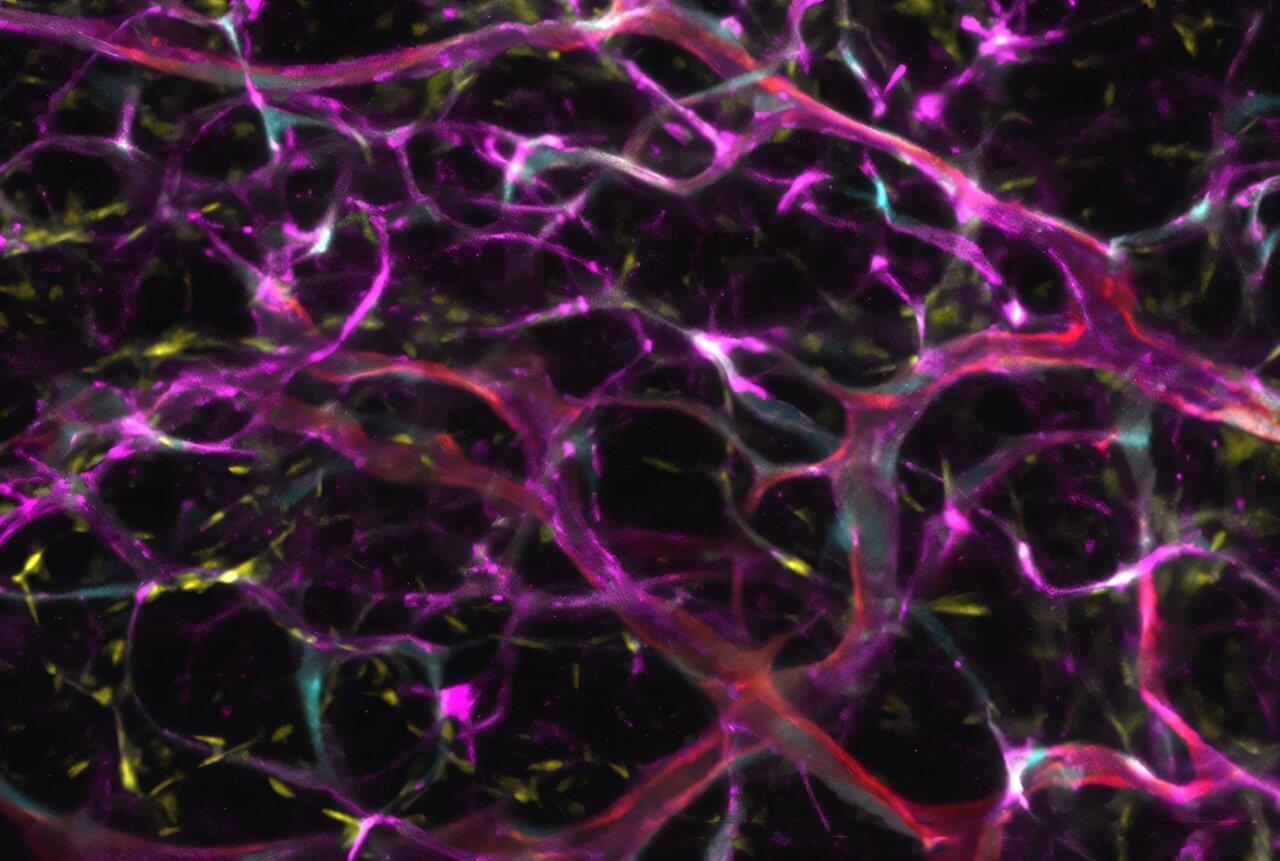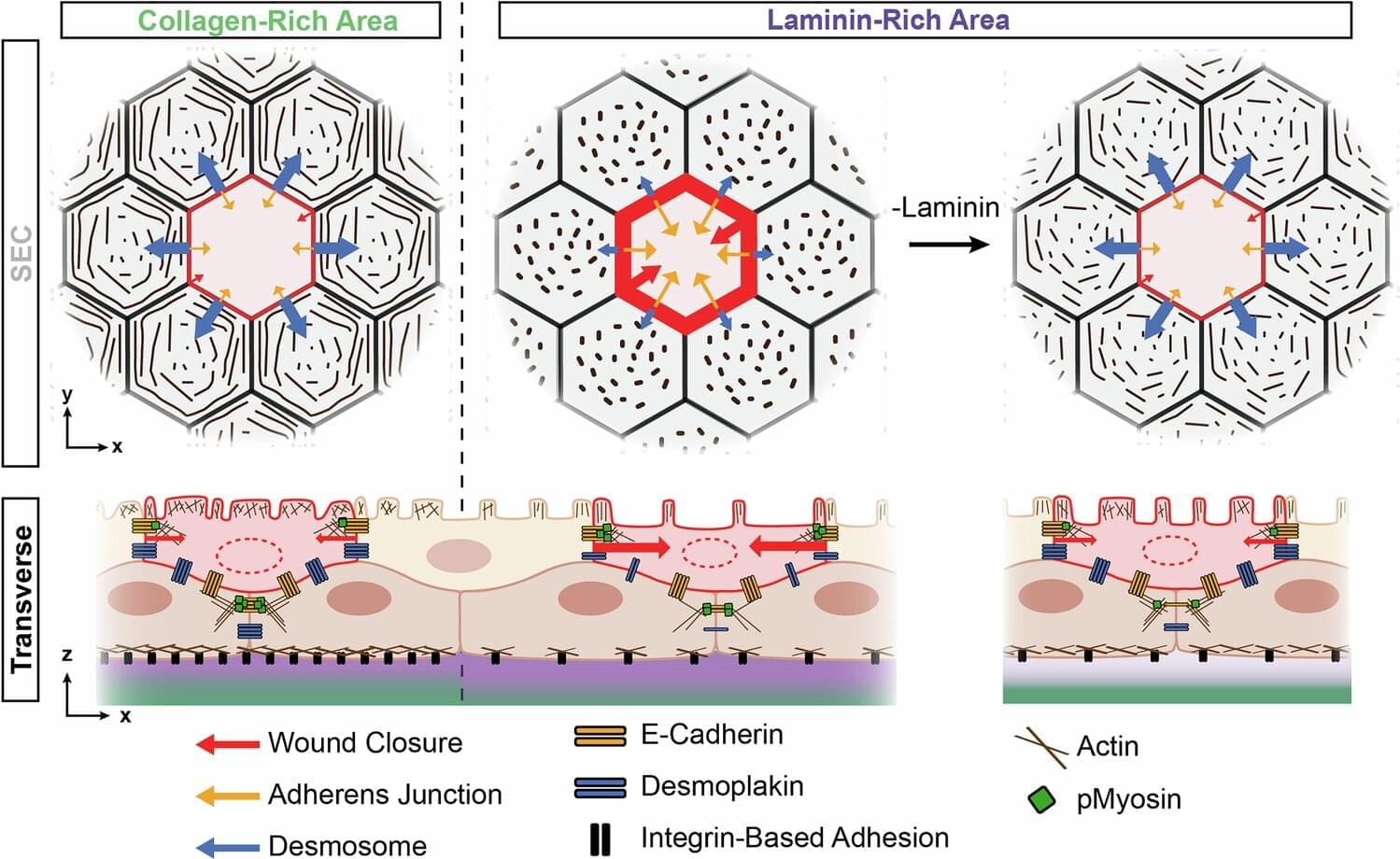Naked mole-rats are one of nature’s most extraordinary creatures. These burrowing rodents can live for up to 37 years, around ten times longer than relatives of a similar size. But what is the secret to their extreme longevity? How are they able to delay the decay and decline that befalls other rodents? The answer, at least in part, is due to a switch in a common protein that boosts DNA repair, according to new research published in the journal Science.
One of the main causes of aging in all animals, including humans, is the accumulation of damaged DNA, our genetic instruction manual. When this damage is not fixed, it leads to defective cells, damaged proteins and eventually a breakdown in the body’s functions.
To understand how the naked mole-rat is so resistant to DNA damage, a study led by researchers at Tongji University in China focused on a common protein called cGAS (cyclic GMP-AMP synthase). In most mammals, cGAS interferes with DNA repair, but the researchers suspected it may have evolved a different function in the long-living rats.







